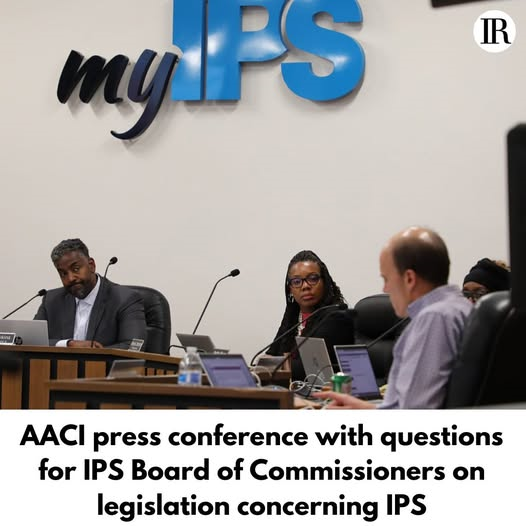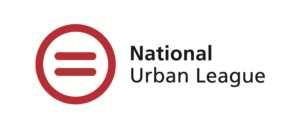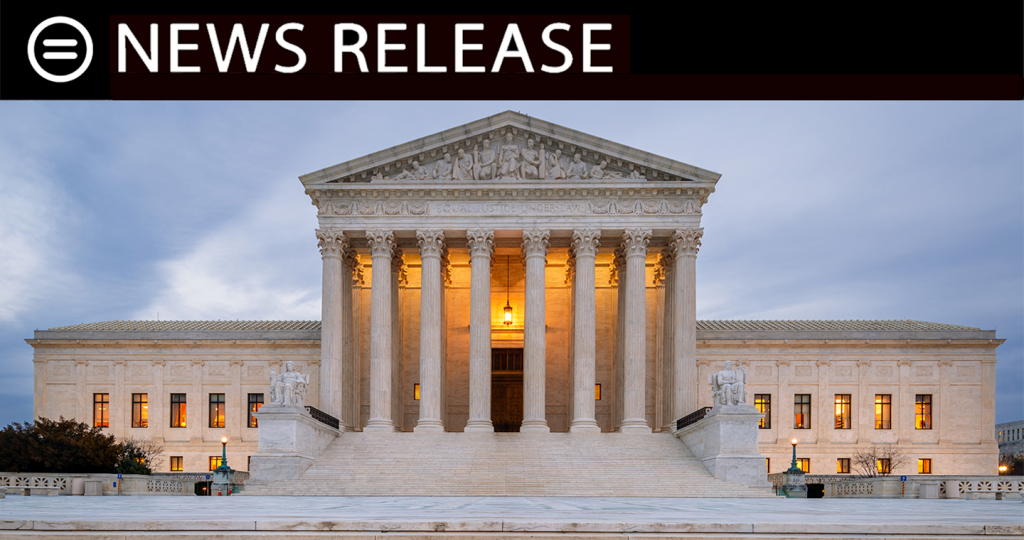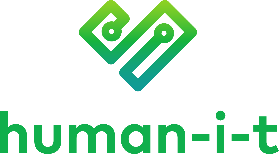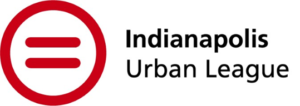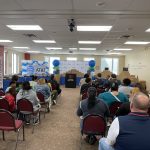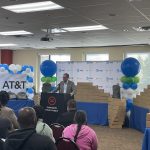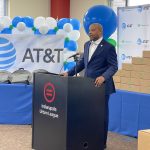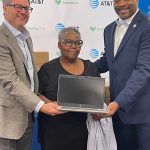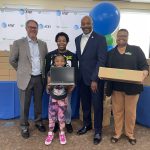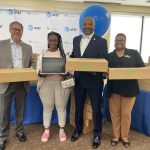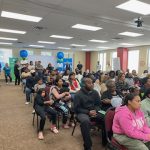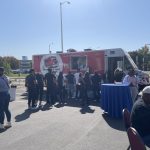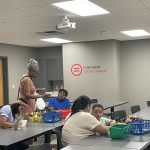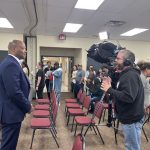Indiana Educational Equity Coalition
January 13, 2025
Dear Members of the Indiana General Assembly:
We write to you as a diverse coalition in our strong opposition to House Bill 1136. Our coalition represents a broad group across the state, including educational leaders, clergy, numerous nonprofit organizations, community members and leaders, and public education advocates. While we are dedicated to advancing practical solutions in the best interests of our children, HB 1136 is not one of them. It is a misguided proposal that will destabilize schools, silence communities, and jeopardize the future of public education in Indiana.
This bill dissolves several of the state’s largest public school districts, setting up new and separate school boards under an entirely reimagined set of rules and structures. Proposals like this continue to chip away at the traditional public school system guaranteed under the state constitution and serve over 90 percent of Hoosier kids.
Numerous additional school districts could be at risk at any point in the future should enrollment numbers shift. HB 1136 is the latest iteration of the constantly changing school governance models, which are brought forth under the guise of innovation but are not in the best interest of the children or communities they impact. Session after session, our children are the subject of unproven experimental policies that threaten the one vehicle for economic advancement – education.
Impact on Students
HB 1136 would disrupt classrooms, cut critical support services, and, most importantly, disrupt families. Students with disabilities, English language learners, and those who rely on free and reduced lunch programs would be disproportionately affected, as the schools they depend on are dismantled with no clear vision of how these actions will affect each of these communities. Our students deserve stable, well-resourced schools that meet their unique needs—not an unproven charter experiment.
Equity Concerns
HB 1136 unfairly targets high poverty districts and disproportionately affects African American students and other students of color. These communities have long faced systemic challenges, including underfunding and poverty—challenges that this bill ignores. Instead of addressing the root causes of educational inequities, HB 1136 further marginalizes districts that have faced ongoing social and economic challenges, further deepening disparities and undermining efforts to build an educational system that positively impacts all students equally.
This further outsources Hoosier tax money to fund private and frequently out-of-state charter companies that seek profit on the backs of Hoosier kids. We often hear charter schools are public schools, but the only aspect of them that is truly public is that they are taxpayer-funded. It stops there.
Much like the failed State Board of Education takeover that was scaled back and repealed just a few years ago, our concern is that after years of disappointing results, our students will be left with no recourse.
Local Control and Community Accountability
HB 1136 strips communities of their ability to govern their schools by eliminating locally elected school boards and replacing them with state-appointed boards. These boards, disconnected from the communities they serve, would have no accountability to parents, educators, or taxpayers. Local school boards are fundamental to ensuring that schools reflect their communities’ unique needs and values. HB 1136 undermines this vital connection, silencing the voices of those who know their students best.
Impact on Educators
HB 1136 creates uncertainty for teachers, threatening their jobs and contracts. By undermining collective bargaining protections, the bill risks destabilizing the teaching profession at a time when Indiana already faces a teacher shortage crisis. Instead of weakening support for teachers, lawmakers should focus on empowering educators whose expertise and dedication are essential to student success. This bill sends a troubling message that teacher voices don’t matter, jeopardizing the people who tirelessly serve our children and strengthen our public schools.
An Unproven and Unsuccessful Model
The state-controlled charter model proposed in HB 1136 has no track record of success in Indiana or elsewhere. Previous state takeovers and charter conversions in districts like Gary and Indianapolis have failed to deliver on their promises, resulting in instability and disruption rather than improvement. And above all, these actions have weakened parents’ voices in the well-being of their students. The legislature has acknowledged these efforts’ failure by repealing the state takeover law, yet HB 1136 doubles down on this failed approach.
Partnering for Public Education Solutions
Indiana’s public schools are the cornerstone of our communities. Instead of dismantling them, we urge lawmakers to work collaboratively with educators, families, community leaders, and our coalition to address the root causes of our schools’ challenges. This includes investing in equitable funding, addressing poverty, and supporting educators and students with the resources they need to thrive. Our coalition is dedicated to serving as a trusted partner in the legislative process, and we stand ready to provide meaningful solutions that focus on student achievement and advancement.
We call on you to reject HB 1136 and stand with the communities, students, and educators who count on you to protect and strengthen public education in Indiana. Public schools belong to the people—not the state—and their future must reflect the will and needs of the communities they serve.
Sincerely,
Members of the Indiana Educational Equity Coalition:
AFT Indiana
African American Coalition of Indianapolis
Anderson Federation of Teachers, AFT Local 219
Association for the Study of African American Life and History, Joseph Taylor Branch
Baptist Minister’s Alliance
Children’s Policy and Law Initiative of Indiana
Concerned Clergy of Indianapolis
Craig Leadership Services
Fort Wayne Urban League
Gary Teacher Union, AFT Local #4
Greater Indianapolis Multifaith Alliance
Indiana Coalition for Youth Justice
Indiana Coalition for Public Education
Indiana Ministerium
Indiana PTA
Indiana State Teachers Association
Indianapolis Education Association
Indianapolis Urban League
MADVoters
Marion County Commission on Youth, Inc.
NAACP Fort Wayne/Allen County Branch #3049
NAACP Gary Indiana Branch 3050-B
NAACP Greater Lafayette Branch #3056
NAACP Greater Terre Haute Branch #3068
NAACP Indiana State Conference
NAACP Richmond Branch #3066
National Council of Negro Women – Indianapolis
University Alliance for Racial Justice
Urban League of Northwest Indiana





